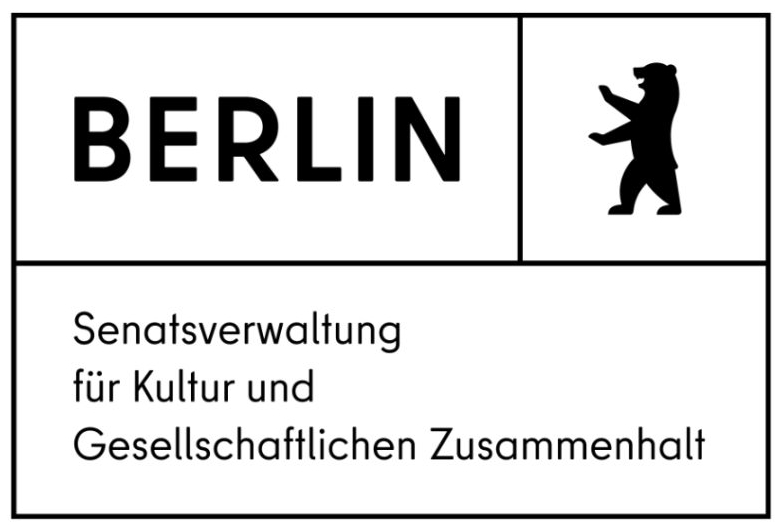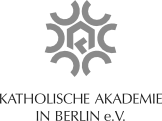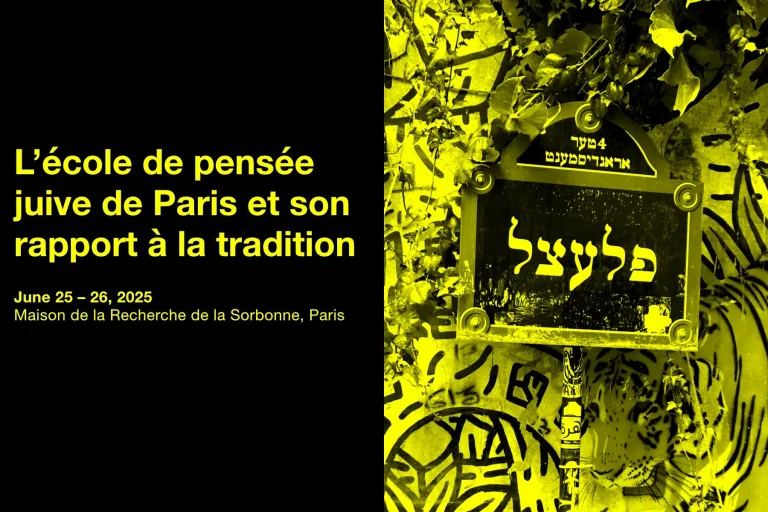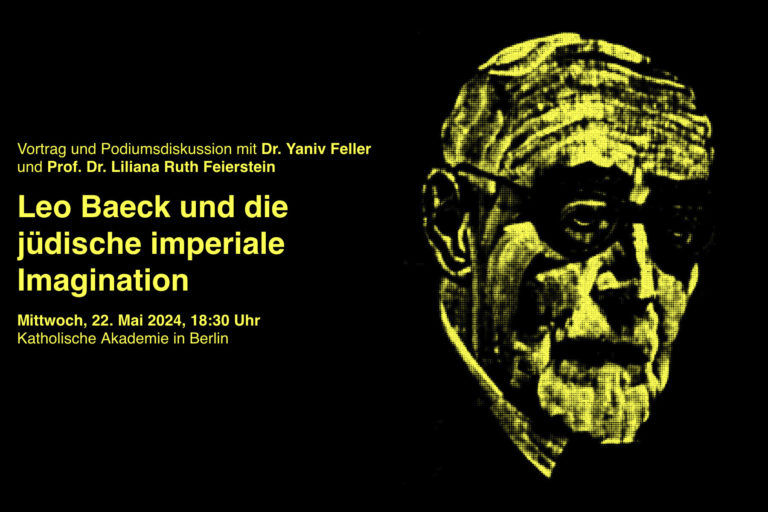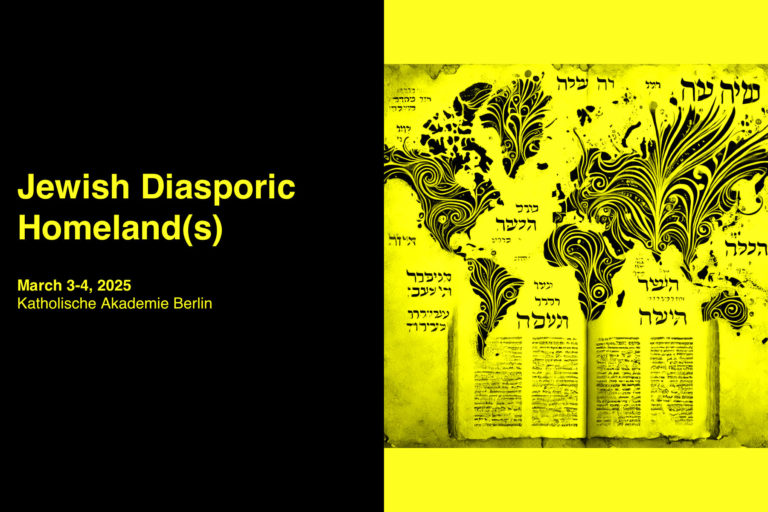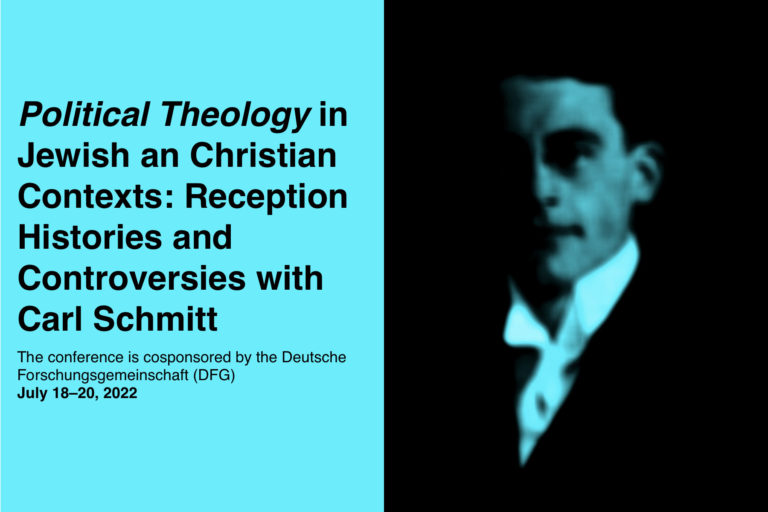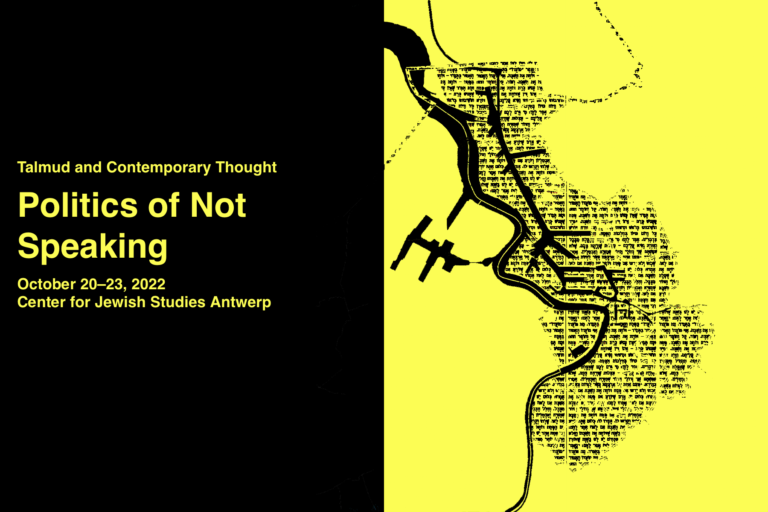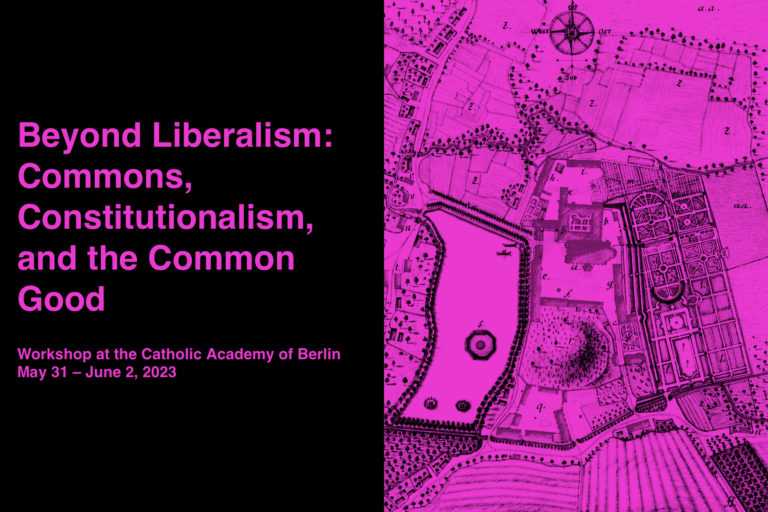Public Evening – Discussion and Concert
Literature in Diaspora:
What is the Place of Words?
July 11, 2023, Katholische Akademie Berlin
Portable typewriter, Olympia Splendid 66′ © The Board of Trustees of the Science Museum, CC BY-NC 4.0
Literature in Diaspora: What is the Place of Words?
Public Evening – Discussion and Concert
July 11, 2023
Katholische Akademie Berlin
Hannoversche Str. 5, 10115 Berlin
Intensified processes of migration, voluntary or forced, generate in recent years new diasporic forms of literature. In the increasingly diverse metropole of contemporary Berlin, authors from all corners of the world create in languages from elsewhere. They live in the German capital, but their words are connected to other locations – to other communities of readers, other landscapes, institutions, publishers, literary journals, to other conversations, to elsewhere. Their words are out of place. Or better: the place of literature is for them a question.
This public discussion brings together four local diasporic authors from Berlin to talk about their experiences and reflections concerning the location and dislocation of literature. How do they experience the distance from their readers? What does dislocation mean for writing? How does diaspora or sometimes even exile manifest themselves for the author, in language, in the text? Does the diasporic situation require or offer to develop diasporic literature, exilic forms of language, new communities of letters?
Participants: Fariba Vafi, Meriam Bousselmi, Moshe Sakal, Antonio Ungar
Moderation: Chiara Caradonna
The literary discussion will be followed by a reading by Dory Manor and a concert of the Berlin-based singers Eva Glasmacher and Deniza Popova.
Livestream on Youtube
Public Event: Literature in Diaspora
Tu, July 11, 19:00–20:30
Cooperation
Senatsverwaltung für Kultur und Gesellschaftlichen Zusammenhalt
Participants
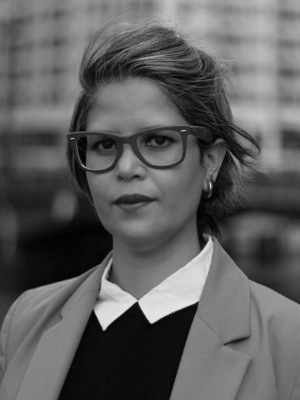
Photo: Anna Wilhem
Meriam Bousselmi born 1983 in Tunis, studied Law and Political Science at the University of Tunis Carthage. She is currently working on a Ph.D. at the University of Hildesheim on the topic of ” Staging (In-)Justice “. She has been a writer, theater director, lawyer, lecturer, researcher, and polyglot bridge builder. She believes more in ink ties than blood ties. In the long untranquil river that is life, or her life, Meriam Bousselmi likes to pose for a moment in front of a water source and observe the tranquil flow along a serpentine line. Water and its trajectories have a power that inspires her. Motion, orientation, and territory-making belong to rivers as well as to writers. In seeking the path, they make one. To write and while writing, one is written. Like a river flowing, it keeps making its own bed. The ink flows so that the story digs its river. It said that if you change the course of a river, you change the shape of the whole place. Meriam Bousselmi believes that people do not only live in countries or languages but they live in words. The words they are told and they tell.
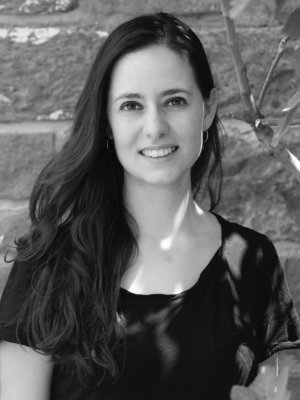
Chiara Caradonna is Senior Lecturer at the Department of Romance Studies of the Hebrew University of Jerusalem. In her research she deals with modern and contemporary European poetry on the one hand, and with the “excessive” novel that defies the genre’s formal boundaries on the other. In this context, she is particularly interested in the intersections between literature, philosophy, anthropology and visual arts. She has published, among others, on Paul Celan, Paul Valéry and Edmund Husserl, Pier Paolo Pasolini, Daniel Sada and Rainer René Mueller. Lately, she has been focusing on the modern and contemporary literature of Southern Italy and in particular on the work of Sicilian writer Stefano D’Arrigo.
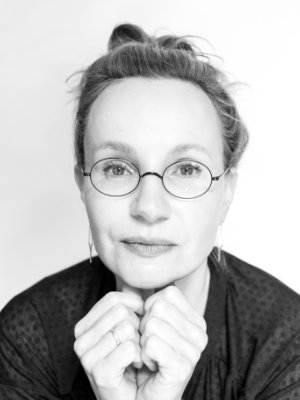
Eva Glasmacher ist eine klassisch ausgebildete Sängerin. Sie wuchs in Göttingen in einer musikalischen Familie auf, spielte Violine und Klavier und experimentierte schon in ihrer frühen Kindheit mit ihrer Stimme. Was als spielerische Neugier begann, entwickelte sich zu dem glühenden Wunsch, mehr zu lernen. So zog sie nach München, um dort an der staatlichen Musikhochschule bei Professor Reri Grist zu studieren. Als freie Sängerin arbeitete sie zusammen mit verschiedenen internationalen Künstlern und Institutionen, die sie dazu inspirierten, viele musikalische Facetten zu entwickeln.
Eva Glasmacher unterrichtet auch Gesang. In ihrem ganzheitlichen Konzept arbeitet sie an Körperhaltung, Atem und Resonanz und experimentiert mit Klang und Ausdruck. Sie bezieht Elemente aus der Bewegungssprache des Gaga Movement mit ein.
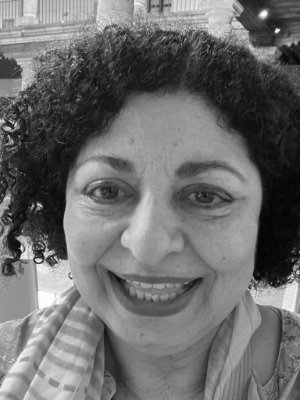
Nuschin Mameghanian-Prenzlow grew up bilingual in Tehran and Berlin. She was a lecturer at the Institute for Iranian Studies at the FU in Berlin, where she especially researched modern Persian literature by female authors. She co-conceived intercultural festivals such as “Last Call for Sheherazade,” held workshops on art and gender issues, translated plays, dialogues of well-known films such as Asghar Farhadi’s “About Elly” (2011), and published texts on art, including Shirin Neshat. In 2018, she translated the story “Always with Sugar” by Pajand Soleymani and in 2021 the short story “The Journey on the Train” by Fariba Vafi into German for Bübül Verlag.
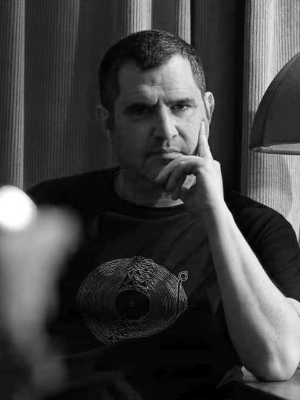
Dory Manor, a poet, writer, translator, and editor, was born in Tel Aviv. In 1993 he was a founding member of the literary group “Ev”, whose aim was to find a new poetic interface between classical and modern Hebrew. Three years later, he moved to Paris for ten years, where he studied French and general literature at Paris VII University and taught Hebrew literature and translation at INALCO University and at Sciences Po.
Manor is the founder and editor of the literary magazine Oh! and The 21st, a collection of translated literature. He served as editor-in-chief at Israel’s Educational Program for the Arts & Humanities. He was also a lecturer at Tel Aviv University and other academic institutions, editor and broadcaster for the radio, and collaborates with musicians as artistic advisor, writer and translator.
Manor has published five books of poetry and a memoir, and his Hebrew translations of classic literature include works by Voltaire, Descartes, Molière, Flaubert, Baudelaire, Mallarmé, Valéry, Apollinaire, Ginsberg, Blake, Lorca, Auden, and others. He is the recipient of several literary prizes, including Prime Minister’s Prize for Creators twice, the Tel Aviv Municipality’s Tchernichovsky Prize for Masterpiece Translations, the Yehuda Amichai Prize for Hebrew Poetry, and the Ministry of Culture’s Prize for Literary Editing.
He earned his Ph.D. at INALCO University in Paris and is an Honorary Fellow of the University of Iowa in the USA. In 2019, Manor was awarded the title of Knight of the Order of Arts and Letters by the French government. In 2023, he received a grant from the Berlin Senate for writers living in the city and writing in a foreign language. He’s been living in Berlin since 2019.
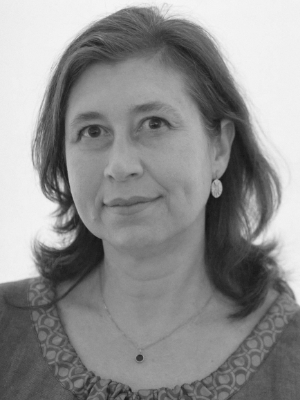
Deniza Popova sings what she explores!
In Berlin she studied singing, musicology, ethnomusicology and Bulgarian studies. She received a doctorate on “Authenticity, Mediality and Identity of Authentic Bulgarian Music”. Practicing old musical traditions, she sings at services in the Bulgarian church and since 2004 with the Ensemble Polynushka for Ukrainian and Russian traditional music, with the avantgarde Ensemble Śabdagatitāra for creative music research (called since 2013 Extrakte) and since 2006 in a Project called Diakritos. Musical Dialogue of Religions: Jewish-Christian-Muslim-Hinduism. She is committed to social contexts by creating new unifying musical situations. In a combination of academic and artistic work, she teaches at universities, colleges and in music education in Germany and Bulgaria.
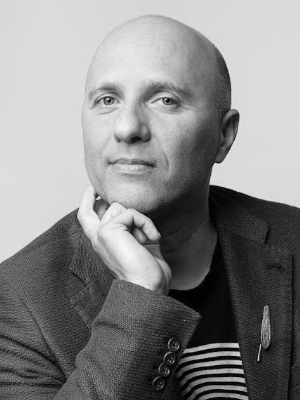
Moshe Sakal, a novelist acclaimed by NBC, Le Monde and Haaretz, has published six novels in Hebrew. His novel “The Diamond Setter” (Other Press, NYC 2018) has been translated into English by Jessica Cohen, winner of the Man Booker Prize. His novel “Yolanda” (Stock, 2012) has been translated into French by Valérie Zenatti. Anne Birkenhauer has translated excerpts from his forthcoming novel “Moses, the Neanderthal” into German.
Sakal’s various publications include the German literary magazine Sinn und Form and the German newspaper Frankfurter Allgemeine Zeitung (FAZ).
Sakal’s writing delves into diverse themes such as exile, immigration, diaspora, border crossing, queer life and intergenerational relationships. His work has earned him two nominations for the prestigious Sapir Prize and the Eshkol Prize for his artistic contributions. Sakal was also awarded a Fulbright Scholarship to participate in the International Writing Program at the University of Iowa, where he was named an Honorary Fellow in Writing.
In 2021, Sakal was awarded the Literature grant of the Berlin Senate Department for Culture and Europe in support of his forthcoming novel.
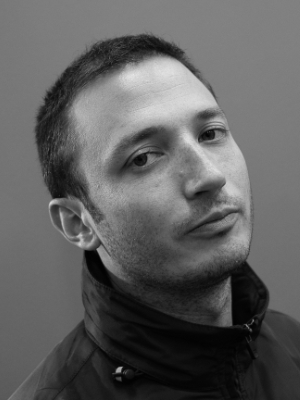
Antonio Ungar (Bogotá, 1974) His novels are translated into seven languages and his short stories have been included in more than twenty anthologies in five languages.
His novel Tres ataúdes blancos, was awarded in 2010 with the prestigious Herralde Prize, and was short-listed for the Rómulo Gallegos Prize in 2011. Other prizes and distinctions include representing Colombia in the IWP Residence (2005), representing Colombia in the Granta Magazine Latin-American Anthology (2007), being short listed for the 2008 Courier International Prize (second best foreign book published in France), getting the National Journalism Prize Simón Bolívar (2005).
His last two novels, Mírame (2019) and Eva y las fieras (2022), are currently being translated into French.
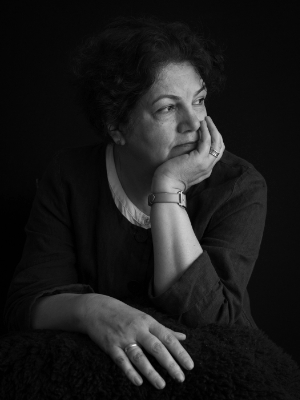
Faribā Vafī was born in Tabriz in 1963 and currently lives in Berlin. She started writing as a teenager and her short stories were published in literary magazines. Her first collection of short stories was published in 1986. Her first novel My Bird became an instant bestseller in 2002, as did all her following books. Since then, seven novels and five story collections have been published, for which she has received the country’s most prestigious literary awards, including Golshiri Prize and Yalda Prize. In 2017, she was awarded the LiBeratur Prize at the Frankfurt Book Fair. Her works have been translated into numerous languages, including German, French, English, Spanish, Georgian, Turkish, and Kurdish. In 2020/21 she was a fellow at DAAD Artist in residence program in Berlin.




